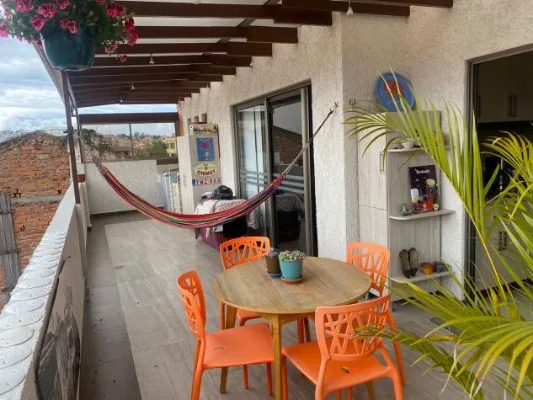Hungry Venezuelans are eating exotic wildlife, like flamingos and anteaters
Citizens of Venezuela have reportedly begun hunting vulnerable wildlife including flamingos and anteaters for sustenance, in response to the country’s dire food shortages.

Kentucky fried flamingo anyone?
A grisly new report from the Miami Herald describes the rise of this unusual hunting practice. At Las Peonias lagoon, about 200 miles from the Colombian border, flamingo hunting is illegal; nonetheless, biology student Luis Sibira spoke to the Herald of coming across the carcasses of numerous butchered flamingos. While the claims have yet to be verified, investigators from Zulia University in Maracaibo believe that these protected birds are now being slaughtered by hungry citizens. And it isn’t only flamingos allegedly being killed for food; other non-traditional game such as giant anteaters have also reportedly fallen victim to desperation.
“Venezuelan Indians never ate this kind of animals, not even in times of the [Spanish] conquest,” Angel Viloria, the head of Venezuela’s Scientific Studies Institute tells the Herald. “This new behavior comes out of the pressure to eat.”
As early as May of 2016 MUNCHIES reported on an unsubstantiated tweet from Ramon Muchacho, mayor of the Caracas District of Chacao in Venezuela, in which he said, “People are hunting dogs and cats in the streets, and pigeons in the plazas to eat.”
Months later, Robert Linares, a waste disposal worker from Maracaibo told the Herald that skinned and dismembered animals of all varieties — horses, cats, dogs, and pigeons — had been turning up with increasing frequency in the city’s garbage.
Flamingos and anteaters aside, the situation in Venezuela has become dire. Cynically mocked as the “Maduro diet” — named after current president Nicolas Maduro, the successor of Hugo Chavez — Venezuelans have increasingly been unable to feed themselves and their families.
One man who admits to eating flamingo reports that it tastes pretty much like chicken. “The only problem is that it turns your urine orange,” he said.
Some have streamed through the western border into Colombia, where goods are more plentiful, and cheaper than on the black market, CBS New reports. Colombian officials have called the zone a “humanitarian corridor” — allowing Venezuelans to come, purchase food, and return to their families.
The Venezuelan government’s response has been slow, and though there is now a federal food distribution program in place, it appears that it simply isn’t enough. Even with promises “that 70 percent of the country’s food will now be supplied through a network of 15,900 Local Supply and Production Committees,” there remains an unceasing, dangerous ideological pressure from the government: your suffering is for the revolution. This has been most clearly articulated in the words of Francisco Rangel, governor of the state of Bolívar, who famously told his constituents, “Let them take away whatever they want. We are capable of eating a stick, or instead of frying two eggs, fry two rocks, and we will eat fried rocks. But no one can beat us.”
As the catastrophic food crisis continues, it seems that the revolutionaries will end up with the only thing left for them to eat: their words.
________________
Credit: Munchies, https://munchies.vice.com
















